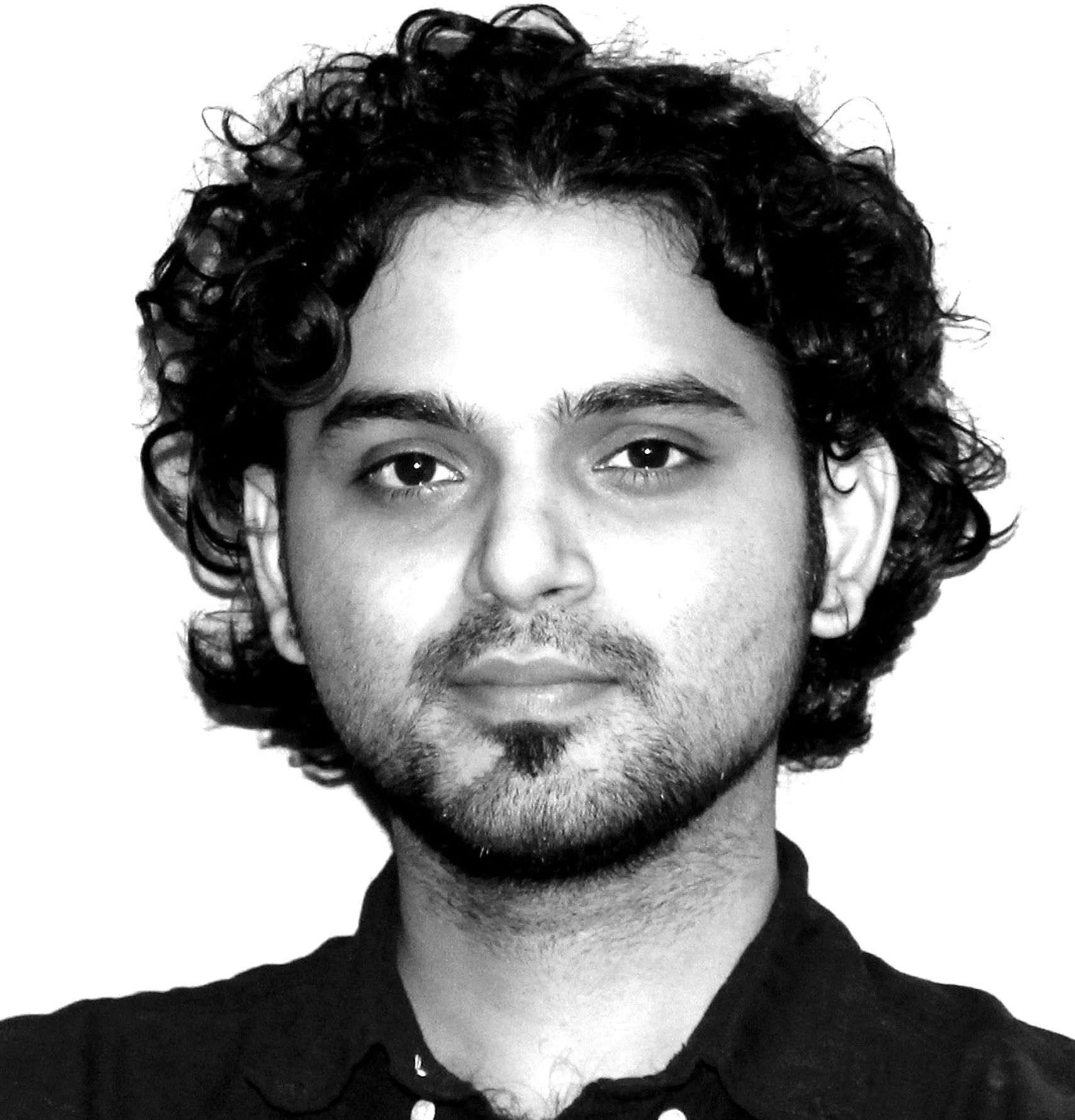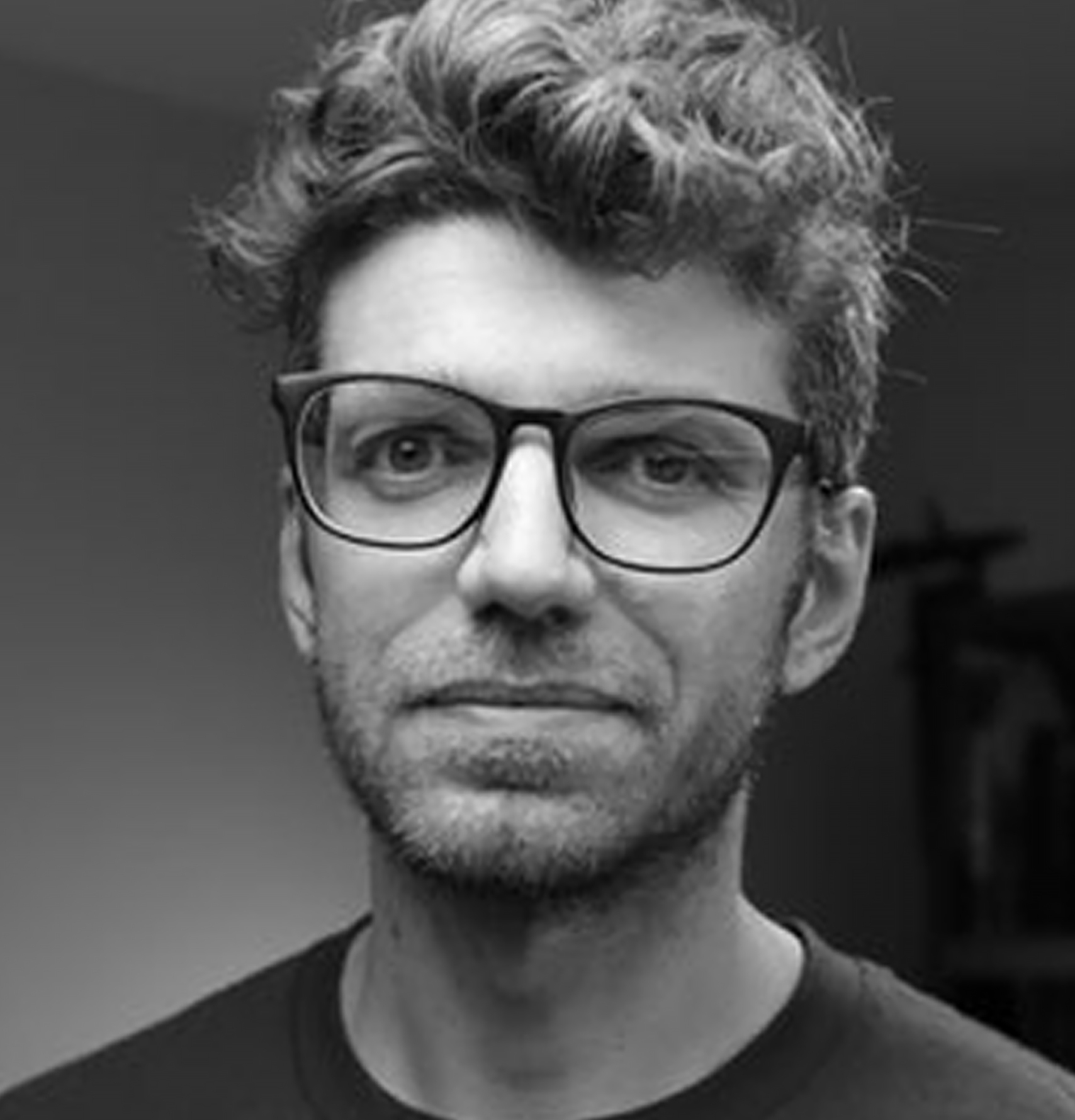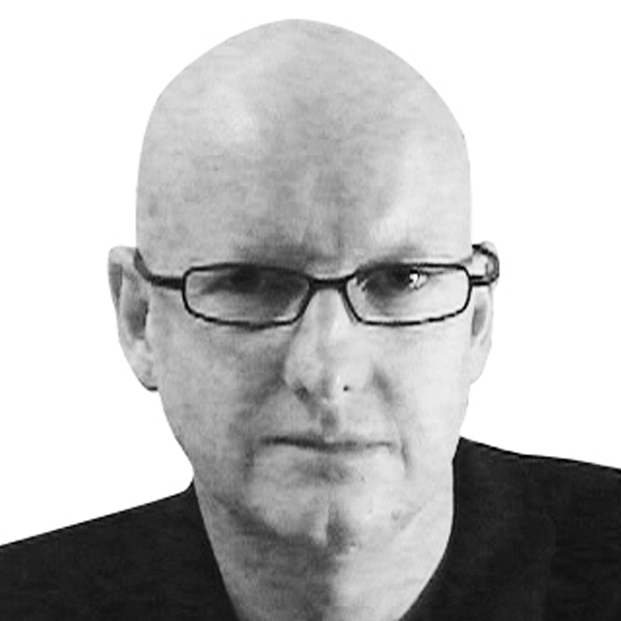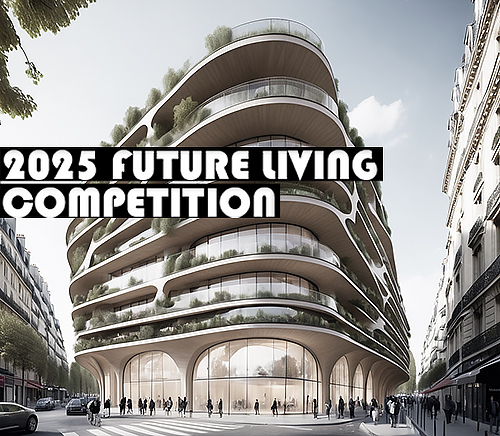Submission
Submission Requirements
Participants are encouraged to submit the following materials:
A. Design Proposal:
A comprehensive architectural proposal that includes detailed plans, elevations, sections, 3D visualizations, and animation. The proposal should outline both residential and resort aspects and demonstrate how the design fits within the context of Paris, addressing all the key themes outlined in the brief.
B. Concept Statement:
A written statement (maximum 500 words) outlining the vision, design approach, and principles behind the proposal. This should explain how the design integrates sustainability, technology, social interaction, wellness, and resort-style amenities within the Parisian urban environment.
C. Research & Innovation:
A section outlining any unique technological solutions, materials, or innovations incorporated into the design. This could include aspects of biophilic design, smart home technology, wellness-focused spaces, or any pioneering approaches that push the boundaries of typical residential or resort design.
D. Site Analysis:
A response to a selected site or proposed urban context in Paris. Demonstrate how the design adapts to the specific conditions of the site, including climate, topography, local culture, and urban fabric. How does the design respect Paris’s heritage while looking forward to the future of living and leisure?
Jury Criteria
Submissions will be evaluated based on the following criteria:
A. Innovation:
Creativity and originality in integrating residential and resort design elements, along with new technologies, materials, and spatial solutions.
B. Sustainability: |
The environmental impact of the design, focusing on energy efficiency, eco-friendly materials, and long-term sustainability.
C. Functionality:
The adaptability and flexibility of spaces for both residents and resort visitors, ensuring that both aspects work harmoniously.
D. Aesthetic Quality:
Visual appeal and architectural integrity, with particular consideration for how the design blends into the Parisian urban and cultural context.
E. Health & Wellness:
How well the design supports the physical and mental well-being of residents and visitors.
F. Impact:
The potential to create a lasting contribution to future living and leisure experiences in Paris, balancing luxury, accessibility, and sustainability.
Jury Team

Akshay Goyal
Akshay is an architect specializing in design innovation, technology, and urban futures. He is the founder of TronX Venture Studio and Managing Partner at Architron Group, with experience in the US, UK, and India. His work focuses on reimagining cities and sustainable habitats, collaborating with organizations like Xprize, Harvard, MIT, and the Government of India. Akshay’s work has earned awards from the Indian Institute of Interior Designers, SEED Public Interest Design, and the ArchiDesign Awards.

Dimitar Pouchnikov
Dimitar Pouchnikov, AIA, is a US architect based in London, specializing in mixed-use, cultural, and urban design. He was a project architect at HOK and leads UH Studio, designing bespoke building experience and interiors. With previous experience at Adjaye Associates and AHMM, Dimitar focuses on creating architecturally significant spaces that enhance the built environment.

Clive Eveleigh
Clive Eveleigh is the founder of ZERo-studio, an architectural research office focused on adapting the built environment to emerging realities. With extensive experience across the UK, Canada, Taipei, and China, his work spans various sectors. Clive’s research explores sustainability and new technology, bridging disciplines like art, fashion, and the environment to creatively address societal challenges.

Maya Calleja (TBC)
Maya is a Design Technology Lead at Gensler Shanghai, where she uses computational tools to support projects across APME and GC. She develops production code, provides training, and creates tools for performance-driven design and optimization. With expertise in sustainability simulations and data-informed design using Climate Studio and Grasshopper, Maya excels in project delivery and communication, combining strong visuals with clear storytelling.

